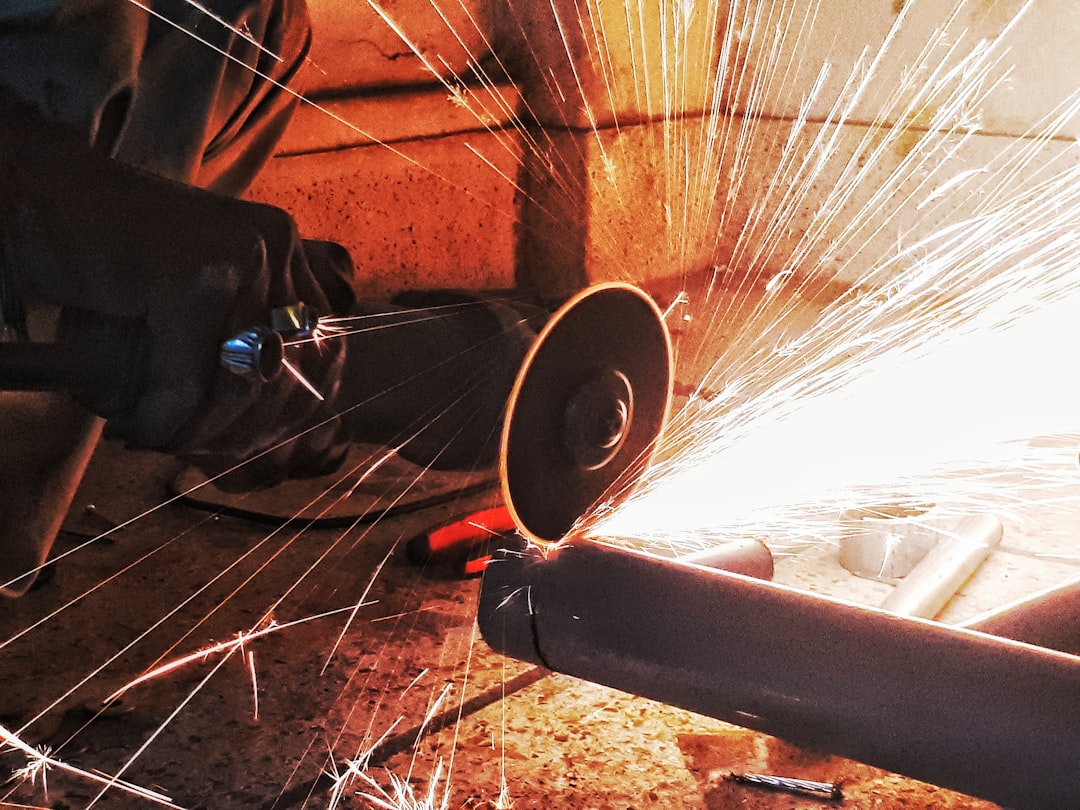A plumber is basically a tradesman who specializes in maintaining and installing systems used in plumbing systems, and also for drainage and potable water in households. Plumbers have to keep updating the system as it is always being upgraded in both technology and theory. While some people are more into fixing electrical systems than those related to the plumbing, others tend to be more into the mechanics of how things work. Whatever your preference, you’ll find that there are a lot of plumbers to choose from in every city or town.
Before we get too far ahead, let’s discuss the plumbing system itself. Basically, this is where your lavatory, tub, or sink get’s hooked up to. The plumbing in such things is usually very complicated since pipes and other fixtures have to be carefully fitted in order to prevent leaks and other problems. This job requires experience and expertise in order to ensure that everything gets done right. This is why a plumber is needed.
So, let’s assume that you need a plumber on-the-job. What exactly does he do then? Well, to start with, he sets up the necessary piping by dealing with any issues that may be present with the existing setup. He then works on repairing damage in the plumbing fixtures, ensuring that they are still in good condition.
Now let’s move ahead to the kind of plumber that deals with new installations. New installations usually require piping systems which are still in good shape but need some minor tweaks here and there. Such things as clogging, bends in pipes, or damaged connections may all be required in the installation process. The work of a plumber like this is pretty much maintenance only.
But let’s not leave out the role of the master plumber. The master plumber oversees the entire plumbing installation process. The installation of appliances like water heaters, garbage disposals, septic tanks, toilets, sinks, showers, taps, drains, etc… Master plumbers are also responsible for fixing any issues that might arise during the plumbing job, such as leaks or any other related problems.
Of course, all of these jobs require skilled professionals. And it goes without saying that they are more qualified to perform these tasks than the average person who has just learnt to install plumbing fixtures. In order to be a professional plumber, one needs to take special classes and trainings that help him learn about these intricacies. Skilled plumbers also complete advanced courses on issues that concern the workplace, technology, health, safety, and ethics among many others.
